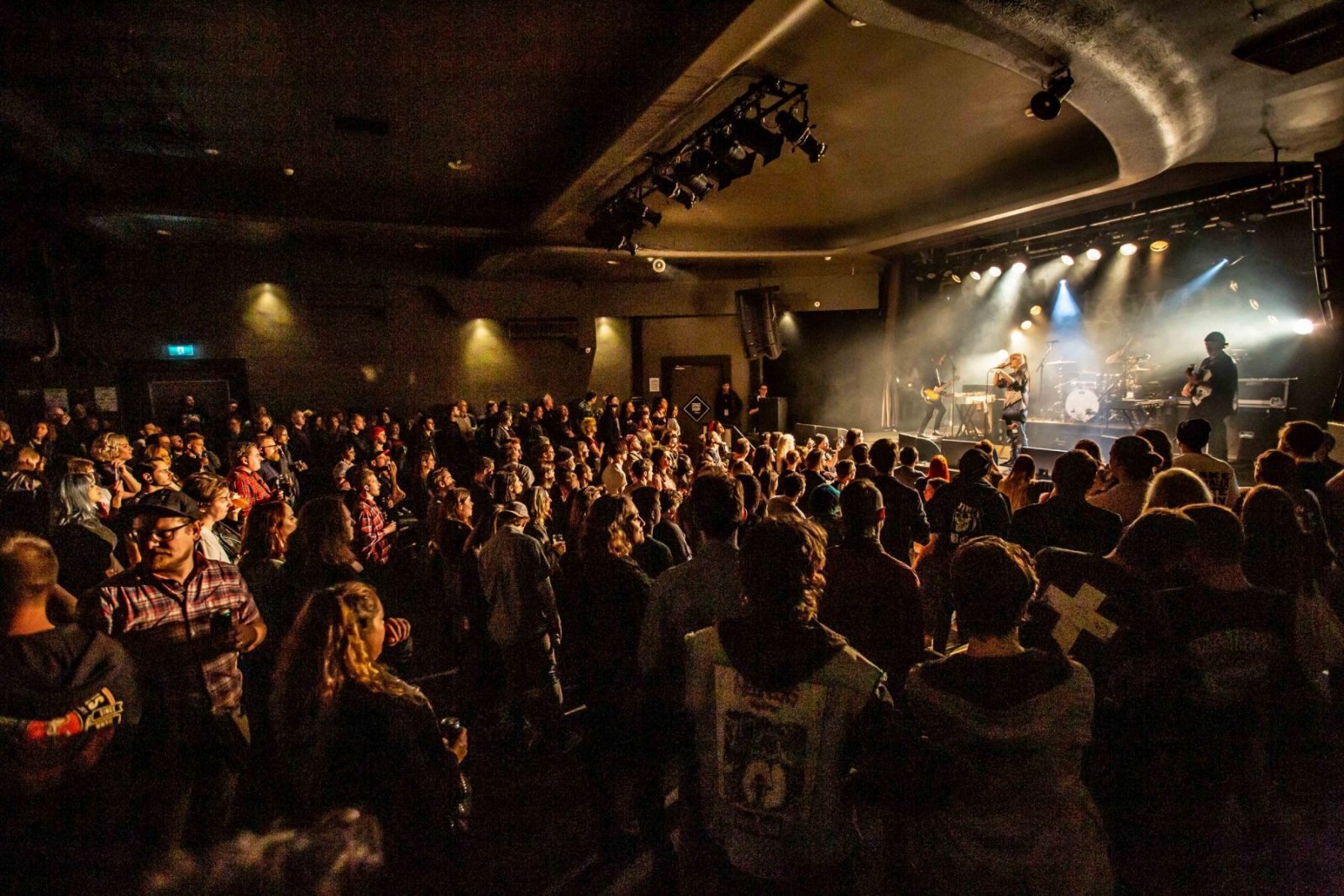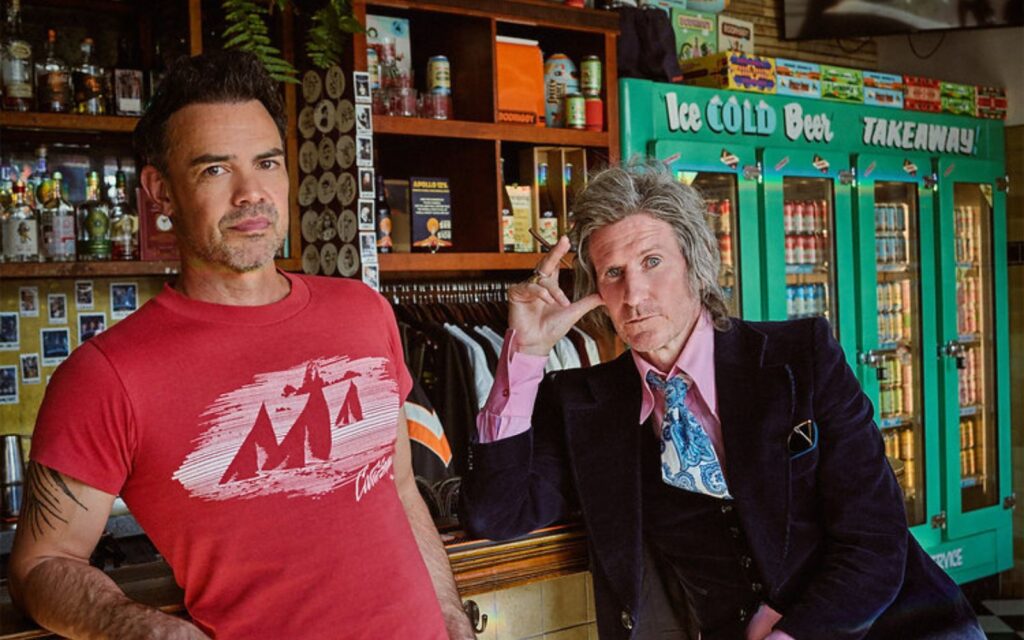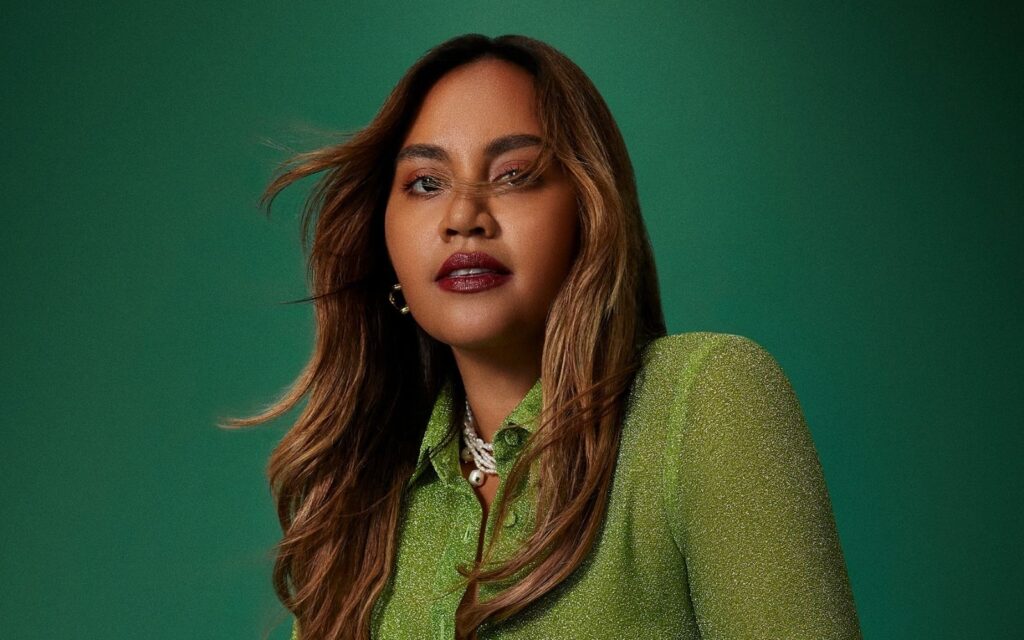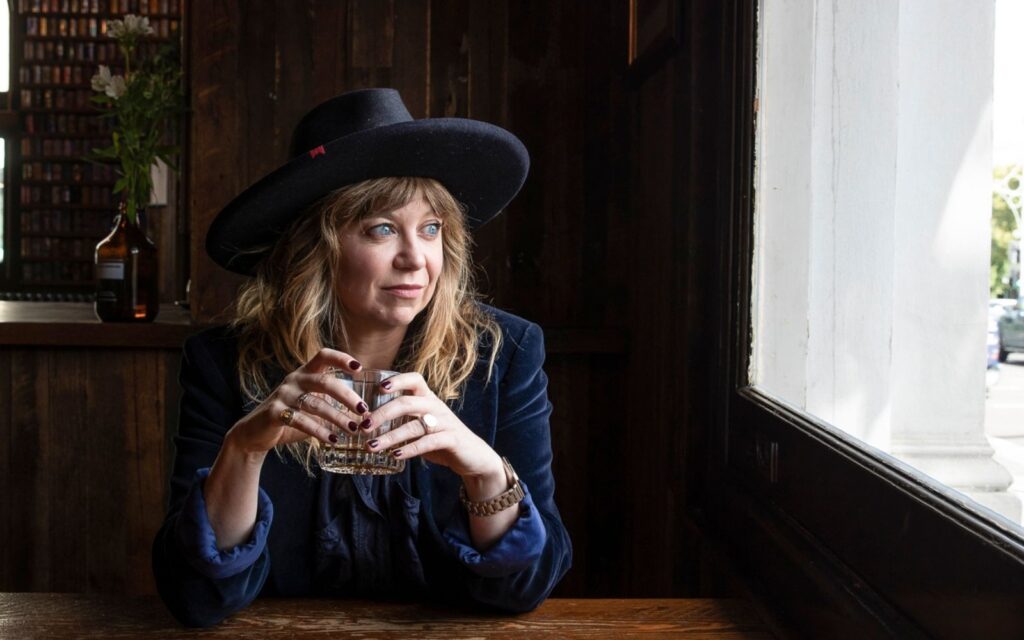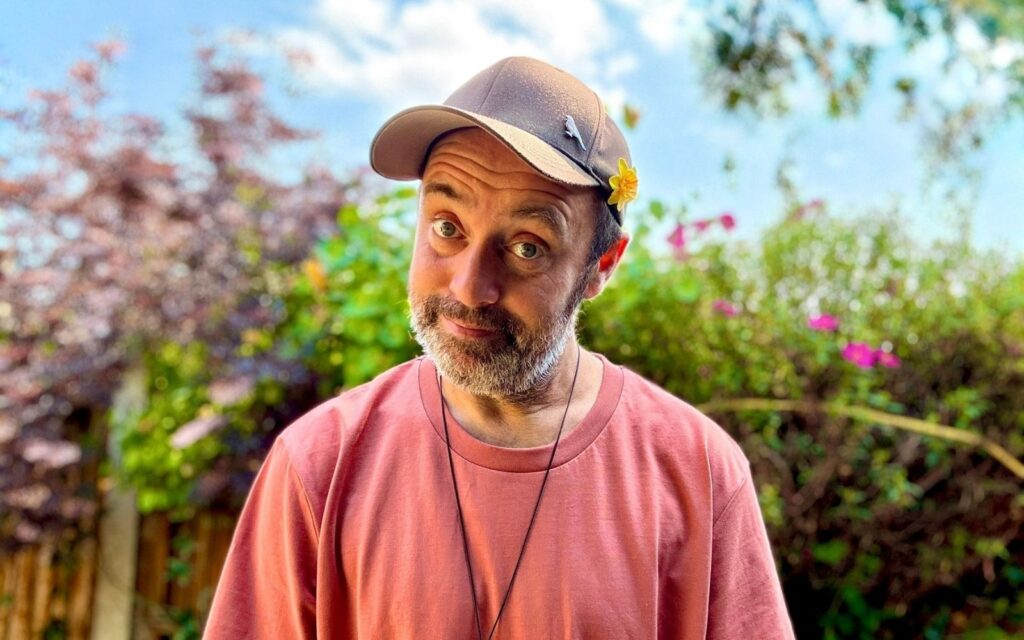Melbourne’s live music scene is celebrating the return of gigs but as long as international borders remain shut, the industry won’t be the same.
At the beginning of Autumn last year, Eliza & The Delusionals were making it big in the United States. Their long list of US shows included a tour with beabadoobee, PVRIS, and Silversun Pickups, and performances at festivals like SXSW, Bottlerock, and Firefly.
“We were literally only meant to be coming back to Australia for like a month,” says the band’s guitarist Kurt Skuse.
But, returning home after a gig in San Diego at the end of February 2020, that month turned into a year and counting.
Since then, Skuse and the band’s vocalist, Eliza Klatt, have been staying together in Brisbane – away from bassist Ruby Lee and guitarist Ashley ‘Tex’ Martin.
Keep up with all the latest music interviews, news and reviews here.
Around that same time, Jaguar Jonze was playing her last few shows as part of New York’s New Colossus Festival.
“They were definitely weird shows as the anxiety of what the world was going through was starting to seep anxiety into the New York air,” says Jaguar Jonze.
Eventually, the rest of her US tour was cancelled – including a performance at SXSW, support gigs with Haru Nemuri, and European tour plans.
The cancellations keep on coming, too, with a festival she was booked to play two months after the Brisbane lockdowns recently falling through.
A report by Australia Council for the Arts stated that “concerts were found to contribute most to the growth in artists’ income since 2002”. It also noted a 2017 economic study which found that 39 per cent of Australian artists have overseas engagement.
“If you really wanna build an international career, then you just go and do it,” says Klatt.
Part of the experience, for her, is the lucky feeling of being able to visit places in the world that she “just never would have chosen to holiday”.
View this post on Instagram
“You don’t really choose where people listen to you from,” says Skuse. If anyone outside Australia is excited for their music, they’d want to see them tour locally.
“I feel like a lot of artists would feel that way as well and I feel like, creatively speaking, being able to travel and being able to experience such things have a massive input on songwriting,” he adds.
For Jaguar Jonze, getting outside her comfort zone to experience what the world has to offer is one of the things she misses most. She also believes an international career creates opportunities for collaborations and writing sessions with other creatives.
“For me, as a person who was born in Japan with a Taiwanese mum, I want to be able to share that side of my culture with Australia, but also bring my culture from here back to Asia,” she says.
“Asia has always been a super important market that I wanted to target when it made sense in my career and performing gigs is a great way to connect directly with the audience, establish industry connections and to have a talking point with international media outlets.”
Imagining a strictly-local career without international gigs is difficult for both Jaguar Jonze and Eliza & The Delusionals.
America, along with the UK and Germany, are considered “key export markets” for Australian music, according to a survey by the Australia Council for the Arts.
Going international has always been a collective dream for Eliza & The Delusionals. Klatt says she’d love to travel “while doing music and not having to really do anything else”.
“It’s about a romanticised vision, or lens, looking at America or Europe or Japan, or somewhere to tour that’s far and somewhere you’re not used to being at – it’s exciting,” adds Skuse.
Jaguar Jonze believes there are only so many times she can play in the same city before exhausting her fanbase.
“We try to play local gigs but we also have to protect our gig currency and value so that we don’t cut ourselves out for support and festival slots,” she explains.
Her recent Deadalive Tour around Australia was “100 per cent way more trickier, riskier and hard to plan for” with uncertainty clouding the entire process. She had to embrace “pivoting” and “not hold too much grief” when a gig was cancelled.
View this post on Instagram
The 2017 Melbourne Live Music Census Musician/DJ Survey found that live performances make up 63 per cent of a musician’s income. So, as the pandemic has proven, a single cancellation takes a huge toll financially.
On a deeper level, Jaguar Jonze says a single cancellation can involve “changing [her] routing, booking new flights constantly, having contingency plans in place, [being] ready to not have all the crew from all states available, [being] ready to use people outside of [her] regular crew due to specific state restrictions, adapting to performing to seated crowds and different audience energies and [figuring] out how to be sustainable above all of those variables when capacity restrictions limit [her] possibility to turn over a profit”.
Eliza & The Delusionals share these concerns, which is precisely why they didn’t book any live shows for over a year, only returning to the stage this month.
“There was definitely some things here and there, but it just was almost too risky to book things because it’s like if something happens and they shut the borders, you’ve got a five-piece band and all of their gear – how are we gonna get home?” says Klatt.
While it sounds like a pipe dream right now, both Eliza & The Delusionals and Jaguar Jonze would go back to touring in the United States if international borders were to open soon.
“Via Japan – so that I can visit family,” Jaguar Jonze adds.
Many of Melbourne’s live music venues are in a world of hurt. Here’s how you can help.
